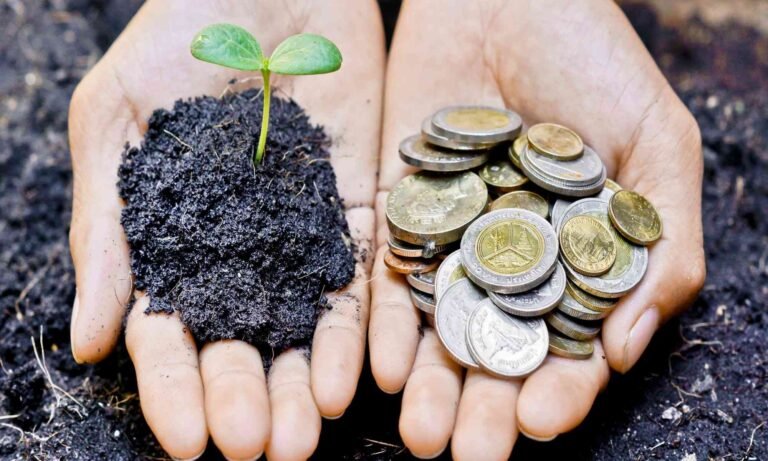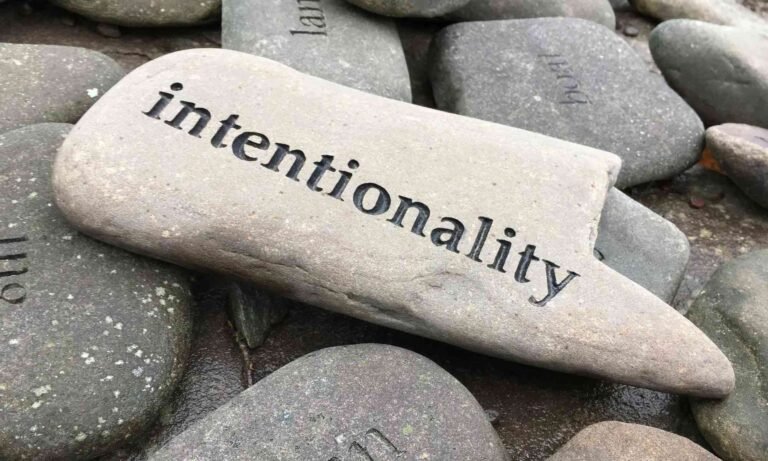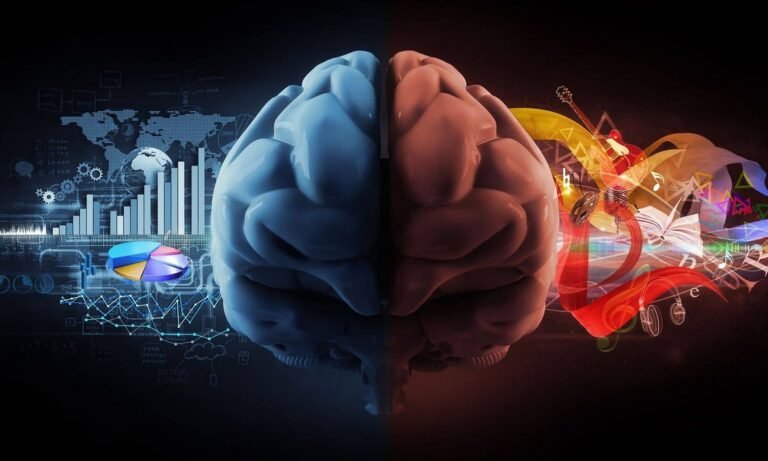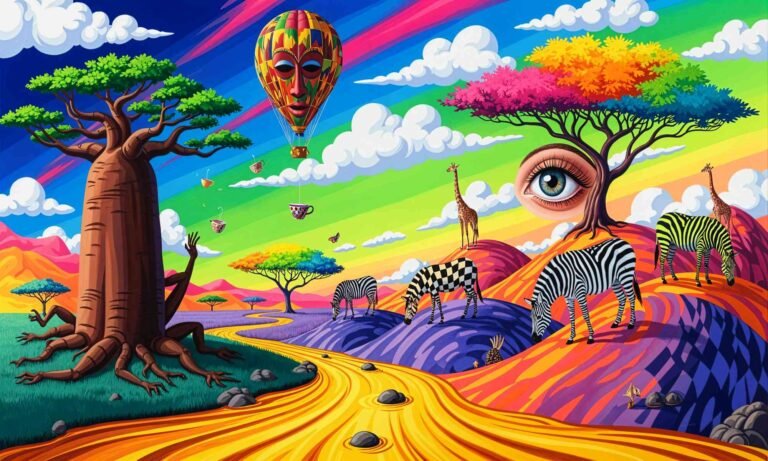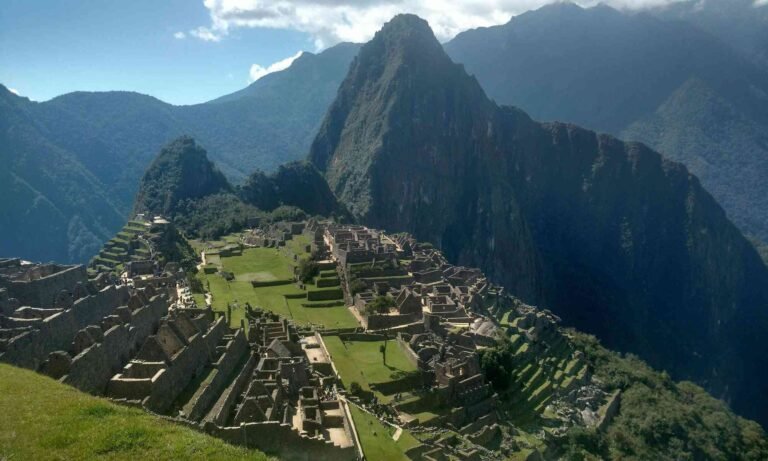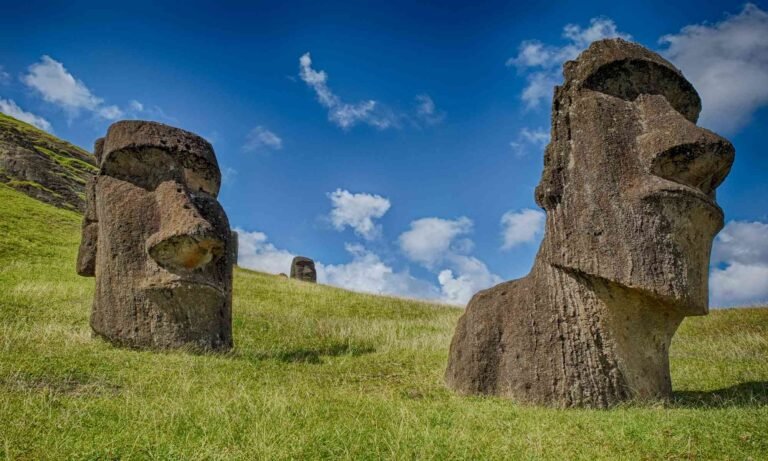The word Politics is derived from Greek word ‘polis’ which means city-states. So in ancient Greece whatever concern city states (polis) was Politics and in modern time whatever concern modern state is Politics. Most established definition of Politics is “the activity through which people make, preserve and amend the general rules under which they live.”
Diversity and scarcity are the twin facts of the society. In such society people have different opinions, different needs, different preferences, different wants, different choices, different interests, etc. Hence conflicts are inevitable. On the other hand people are also aware about importance of cooperation. By this view, Politics in a broader sense is ‘conflict resolution’. But all conflicts can not be resolved. Hence we can define Politics as being ‘in the search of conflict resolution’.
Consideration can be given to the normative approach which claims that politics is the process through people seek to achieve the optimal conditions for life. Aristotle claimed politics to the ‘master science’ (consisting of: contemplative science, practical science and productive science) in the pursuit of the ‘good life’. Furthermore, Thomas Hobbes can be drawn on also as a normative commitment in the avoidance of the ‘state of nature’ i.e. a commitment to protection and peace.
Politics encompasses the activities, actions, and policies that are used to gain and hold power in a government or to influence the government. It involves decision-making processes, debates, and negotiations to address societal issues and manage resources. Politics also includes the ideologies, beliefs, and values that shape different political parties and their agendas, as well as the interactions between different countries on the global stage.
Politics vs Governments
Politics is the process by which people decide how to live together – whether it is a family, a school, or a nation.
Government is the system used to make the decisions. The functions of government are essential for the organization and regulation of society. These functions ensure that the needs and rights of citizens are met, while maintaining order and security. Understanding these functions can help individuals recognize the role of government in their lives and the society as a whole. There are many different systems of government – ranging from autocracy to democracy. In a democracy everyone has the right to an equal say, and decisions are made through discussion and voting.
Political System
The new Oxford dictionary defines capitalism as “an economic and Political System in which a country’s trade and industry are controlled by private owners for profit”.
That’s simply not democracy.
Democracy and capitalism coexist in many variations around the world, each continuously reshaped by the conditions and the people forming them.
However, think about it for just a minute: Democracy and capitalism naturally exclude each other. And yet…
Increasingly, people have deep concerns about both. In a recent global survey, it was found that among respondents in 27 countries, 51% are dissatisfied with how democracy is working. Further, Millennials and Gen Zs are increasingly disinterested in capitalism.
Political systems are under scrutiny. How about you? Are you living in a democratic capitalism or in a capitalistic democracy? Think about it: Democracy leads to anarchy planned by oligarchy to take over – just like socialism is used to become a communist-controlled oligarchy.
The interplay between democracy and capitalism is complex and multifaceted. While they can coexist, their inherent contradictions often lead to tensions and conflicts. As societies evolve, the balance between these systems continues to be a subject of debate and reflection.
Political Science
Political science, occasionally called politology, is a social science which deals with systems of governance, and the analysis of political activities, political thoughts, associated constitutions and political behavior.
Like other social sciences, political science uses a “scientific” approach, meaning that political scientists approach their study in an objective, rational, and systematic manner.
Some political scientists focus on abstract and theoretical questions, while others study particular government policies and their effects. And yes, some actually do study real politics.
As for the History of Political Science, the antecedents of Western politics can be traced back to the Socratic political philosophers, such as Aristotle (“The Father of Political Science”) (384–322 BC). Aristotle was one of the first people to give a working definition of political science.
The primary aim of a political science major today is to enhance knowledge and comprehension of one of the most influential forces affecting individuals, communities, and corporations worldwide—government and politics. By studying political science, students delve into the mechanisms of governance and political activities on a global scale. This enriched understanding equips citizens with the ability to critically assess political systems, policies, and the impact they have on various aspects of society. Ultimately, this knowledge is invaluable, fostering informed and engaged citizens who can contribute meaningfully to the democratic process and societal development.
Political Philosophy
Political philosophy begins with the question: What ought to be a person’s relationship to society? The subject seeks the application of ethical concepts to the social sphere and thus deals with the variety of forms of government and social existence that people could live in – and in so doing, it also provides a standard by which to analyze and judge existing institutions and relationships.
Although the two are intimately linked by a range of philosophical issues and methods, political philosophy can be distinguished from political science.
- Political science predominantly deals with existing states of affairs, and insofar as it is possible to be amoral in its descriptions, it seeks a positive analysis of social affairs – for example, constitutional issues, voting behavior, the balance of power, the effect of judicial review, and so forth.
- Political philosophy generates visions of the good social life: Of what ought to be the ruling set of values and institutions that combine men and women together. The subject matter is broad and connects readily with various branches and sub-disciplines of philosophy including philosophy of law and of economics.
What’s More
The posts in My Blog feature reflective, story-driven pieces rooted in personal and societal insights.
The topics in My Interests explore abstract, philosophical ideas and their cultural and societal impact.
👁️ 7,459 Views







